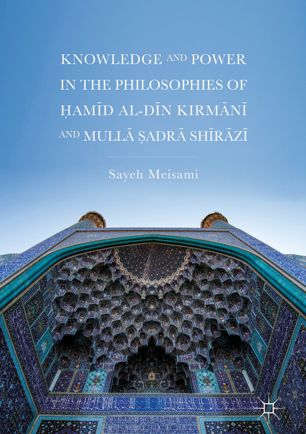

Most ebook files are in PDF format, so you can easily read them using various software such as Foxit Reader or directly on the Google Chrome browser.
Some ebook files are released by publishers in other formats such as .awz, .mobi, .epub, .fb2, etc. You may need to install specific software to read these formats on mobile/PC, such as Calibre.
Please read the tutorial at this link: https://ebookbell.com/faq
We offer FREE conversion to the popular formats you request; however, this may take some time. Therefore, right after payment, please email us, and we will try to provide the service as quickly as possible.
For some exceptional file formats or broken links (if any), please refrain from opening any disputes. Instead, email us first, and we will try to assist within a maximum of 6 hours.
EbookBell Team

5.0
80 reviewsThis book is a comparative study of two major Shīʿī thinkers Ḥamīd al-Dīn Kirmānī from the Fatimid Egypt and Mullā Ṣadrā from the Safavid Iran, demonstrating the mutual empowerment of discourses on knowledge formation and religio-political authority in certain Ismaʿili and Twelver contexts. The book investigates concepts, narratives, and arguments that have contributed to the generation and development of the discourse on the absolute authority of the imam and his representatives. To demonstrate this, key passages from primary texts in Arabic and Persian are translated and closely analyzed to highlight the synthesis of philosophical, Sufi, theological, and scriptural discourses. The book also discusses the discursive influence of Naṣīr al-Dīn Ṭūsī as a key to the transmission of Ismaʿili narratives of knowledge and authority to later Shīʿī philosophy and its continuation to modern and contemporary times particularly in the narrative of the guardianship of the jurist in the Islamic Republic of Iran.